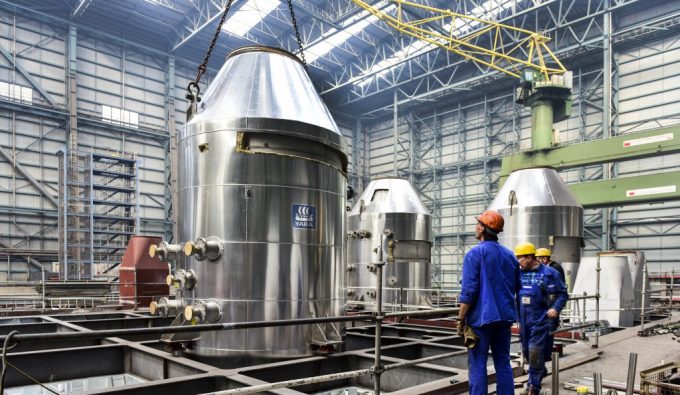Shipyards won't be able to meet future demand for greener vessels
“If you look at the market right now, it is easy to take the position ...
TFII: SOLID AS USUALMAERSK: WEAKENINGF: FALLING OFF A CLIFFAAPL: 'BOTTLENECK IN MAINLAND CHINA'AAPL: CHINA TRENDSDHL: GROWTH CAPEXR: ANOTHER SOLID DELIVERYMFT: HERE COMES THE FALLDSV: LOOK AT SCHENKER PERFORMANCEUPS: A WAVE OF DOWNGRADES DSV: BARGAIN BINKNX: EARNINGS OUTODFL: RISING AND FALLING AND THEN RISING
TFII: SOLID AS USUALMAERSK: WEAKENINGF: FALLING OFF A CLIFFAAPL: 'BOTTLENECK IN MAINLAND CHINA'AAPL: CHINA TRENDSDHL: GROWTH CAPEXR: ANOTHER SOLID DELIVERYMFT: HERE COMES THE FALLDSV: LOOK AT SCHENKER PERFORMANCEUPS: A WAVE OF DOWNGRADES DSV: BARGAIN BINKNX: EARNINGS OUTODFL: RISING AND FALLING AND THEN RISING

Fuel prices vary, of course, but based on the economics put forward in Seatrade Maritime, it looks as if scrubbers may be a poor investment if early assessments of the price spread between high-sulphur bunker fuel and the low-sulphur version are correct. As the article notes, “should the fuel spread drop to just $40, there would be no business case for a 20MW scrubber, while a $100 spread would see a payback period of less than two years”.
What is striking about this particular brand of economic argument, however, is the lack of consideration over where the burden of the costs fall.
Scrubbers require investment from shipping lines, whose customers will then benefit from lower fuel costs. Those lines which don’t opt for scrubbers, are passing the higher fuel bills straight to their customers – who may instead choose a carrier which has made the investment.
And that’s an entirely different economic argument for the case of scrubbers vs high cost fuel.
Comment on this article